Octagon
Step cuts with octagonal facets are characterised by parallel facets arranged in a step shape. The most common variations of the step cut are the emerald cut and the asscher cut. Both cuts are characterised by oblique, four-sided facets that run parallel to the ridge of the gemstone. A characteristic feature of these cuts is the cut corners, as square corners are generally more prone to breakage.
The main advantage of the staircase cut is that it preserves the weight of the rough stone better than, for example, the brilliant cut and is also suitable for brittle gemstones. The emerald cut was developed specifically for emeralds, a gemstone known for its brittleness.
However, the step cut can also highlight inclusions and other imperfections in the stone. While step cuts cannot match the brilliance or fire of a brilliant cut, they do accentuate the purity of the gemstone and give it a more subtle and transparent appearance.
Showing 1–16 of 146 results
-

Aquamarine
€2,200.005,574 ct. | IV/BGLA GII -

Aquamarine
€1,700.004,747 ct. | V/BGLA -

Aquamarine
€1,800.007,044 ct. | V/CGLA -

Aquamarine
€2,400.006,070 ct. | V/BGLA -
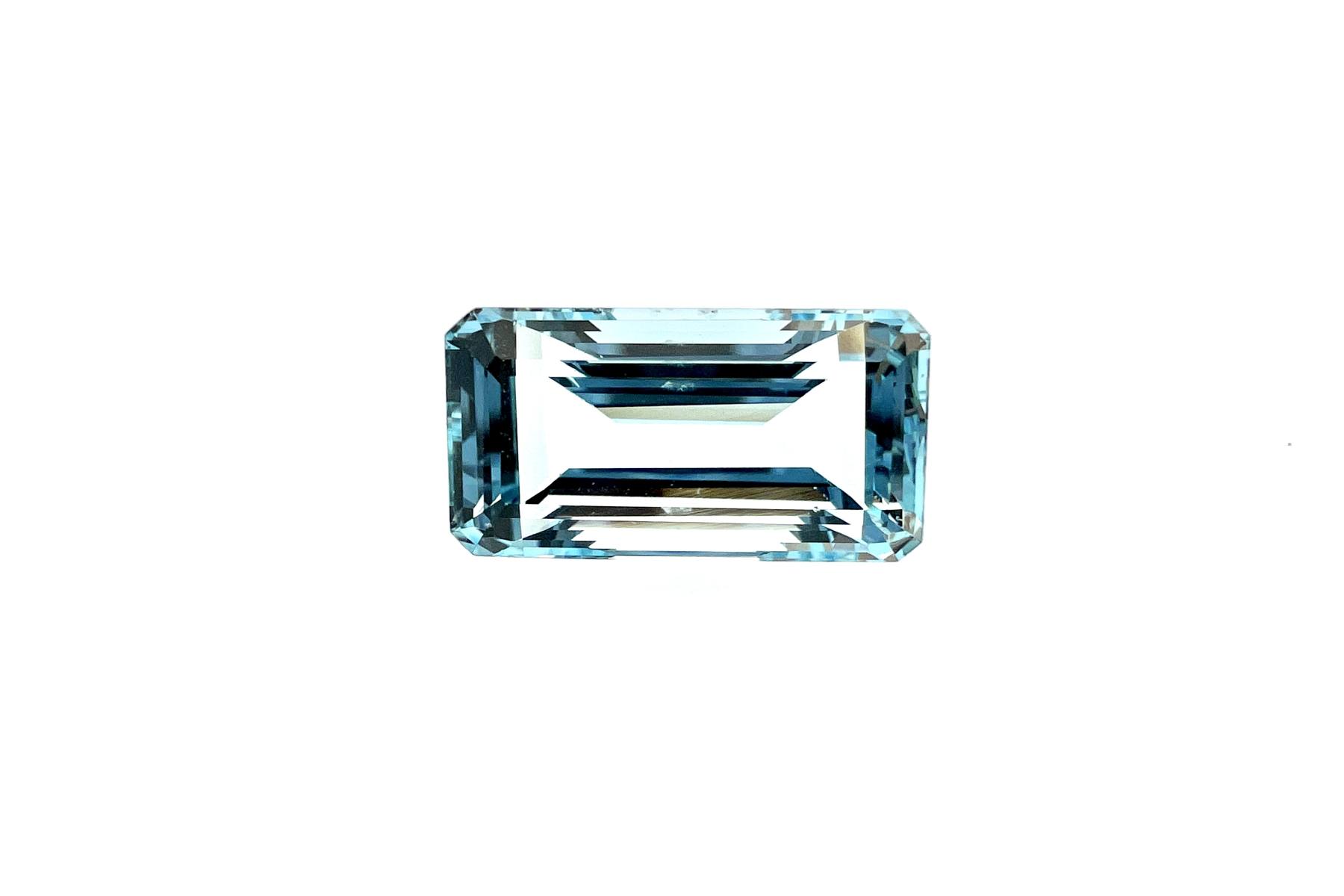
Aquamarine
€3,400.008,480 ct. | V/BGLA -
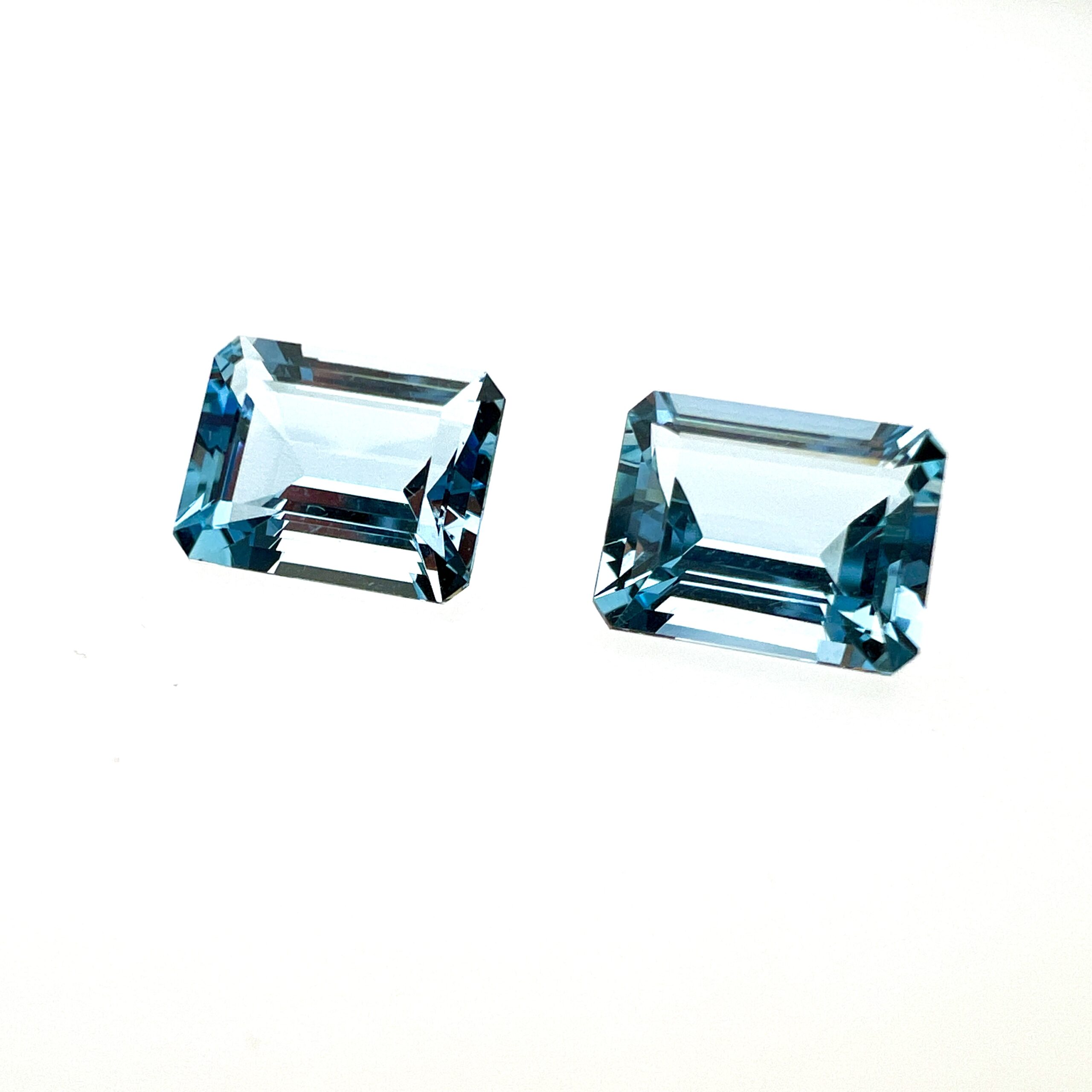
Aquamarine pair
€2,400.006,767 ct. | V/AGLA -

Bastnäsite
€500.002,3 ct. | IV/CGLA -
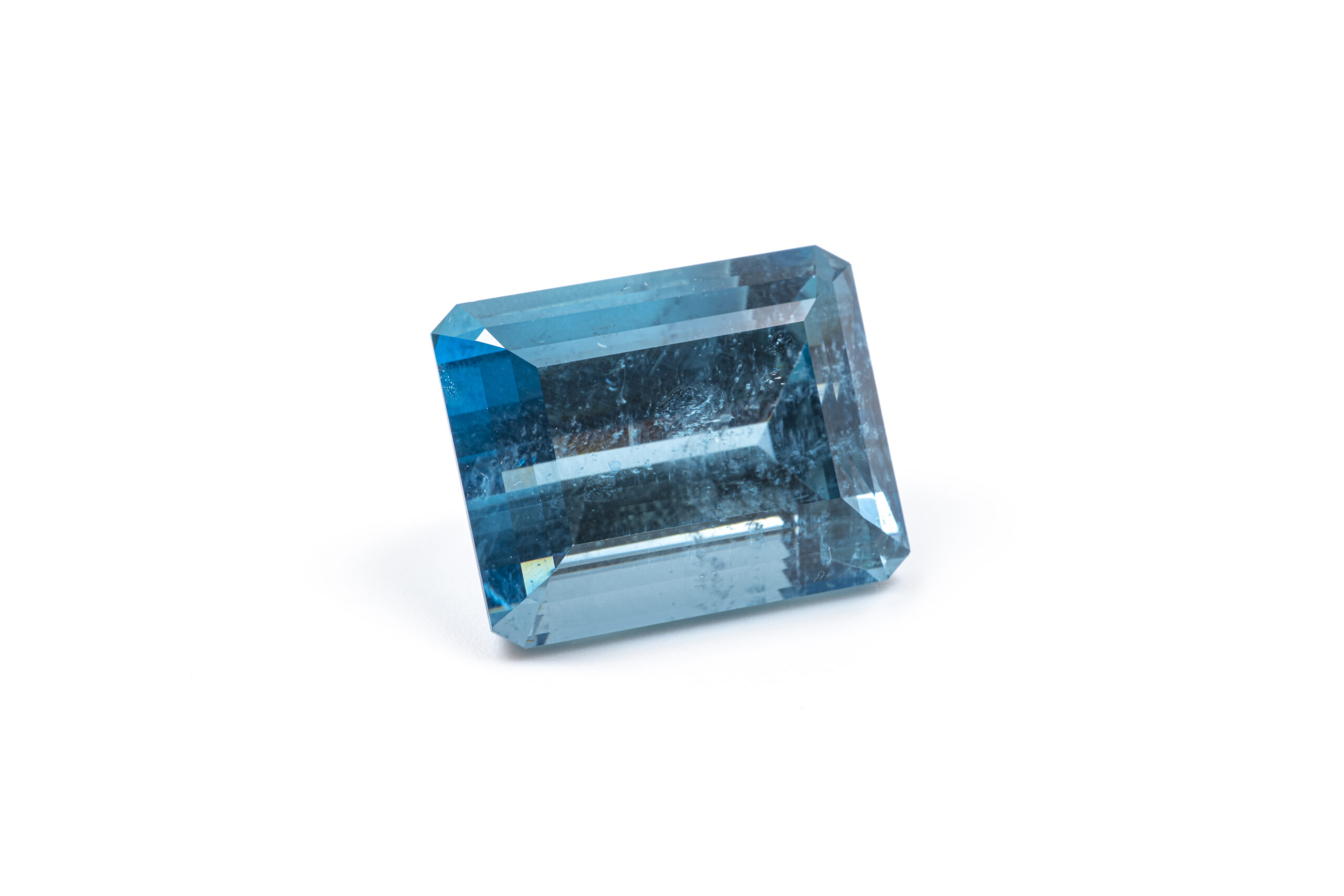
Beryl
€4,900.0032,111 ct. | IV/DGLA -
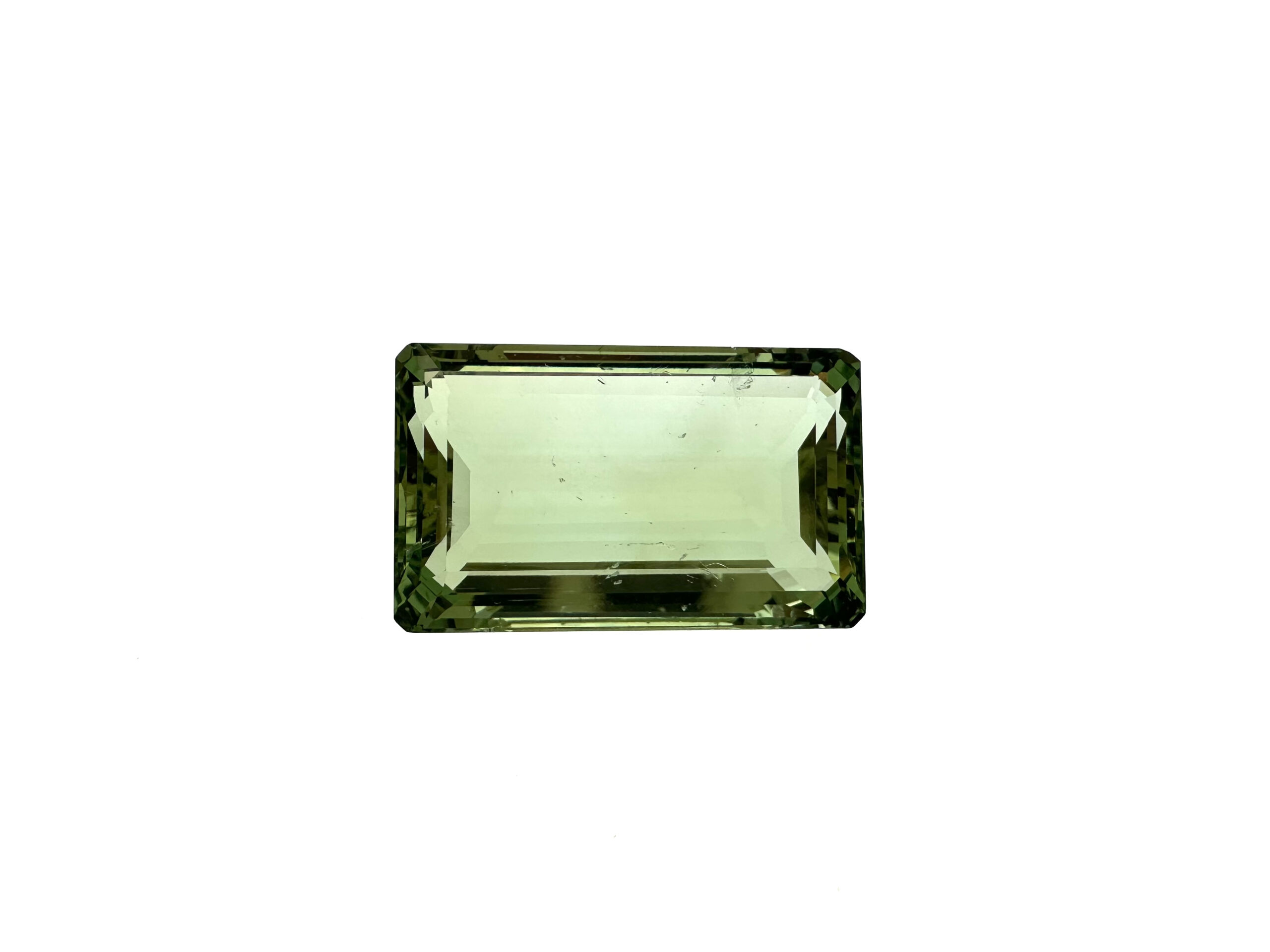
Beryl
€7,000.0036,711 ct. | III/CGLA -

Blue Sapphire
€41,500.006,303 ct. | IV/CGLA GÜB CGL -

Blue Sapphire
€43,000.006,376 ct. | IV/CGLA GÜB EGLAB -

Blue Sapphire
€1,200.001,579 ct. | VII/CGLA -
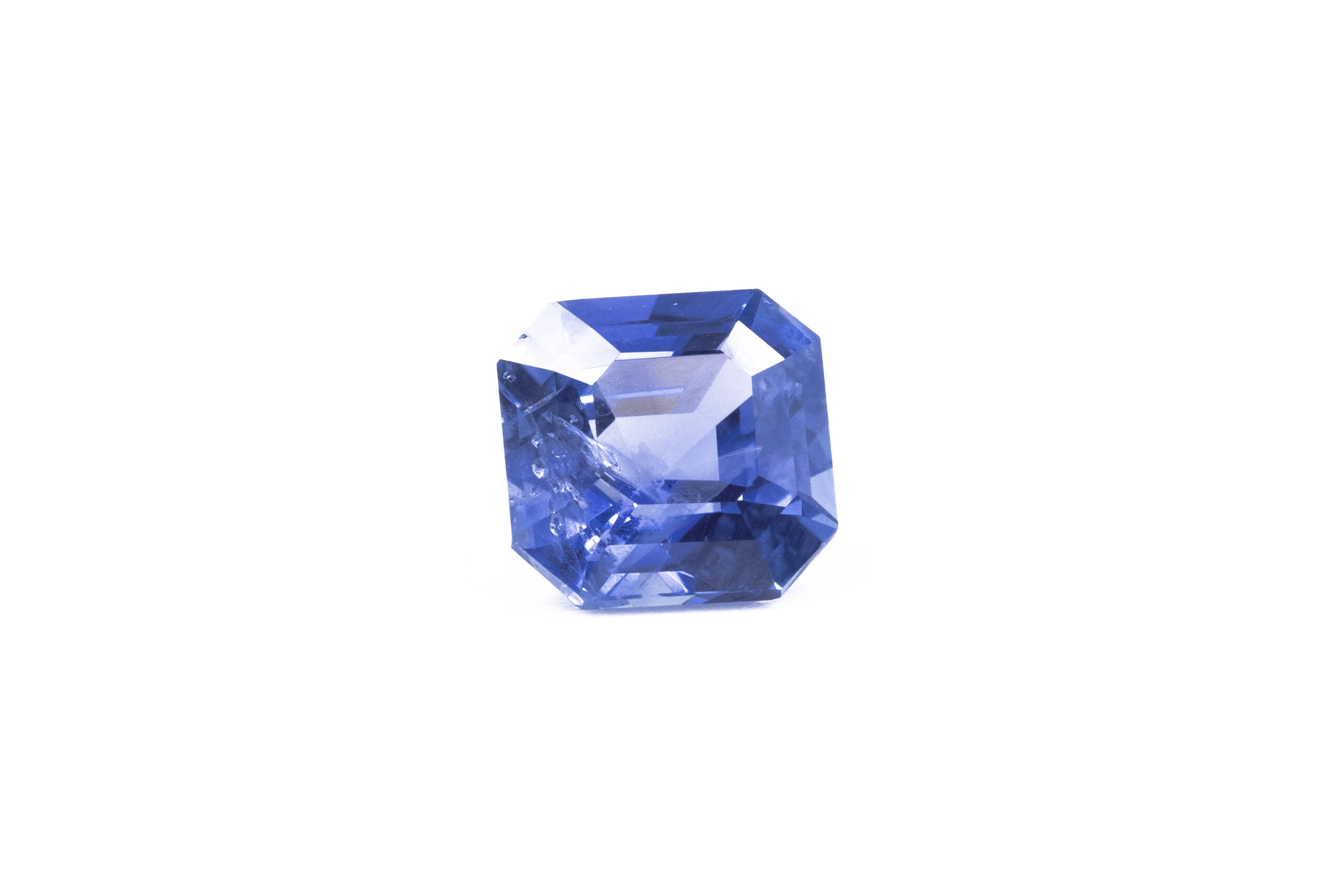
Blue Sapphire
€1,800.002,082 ct. | VI/DGLA -
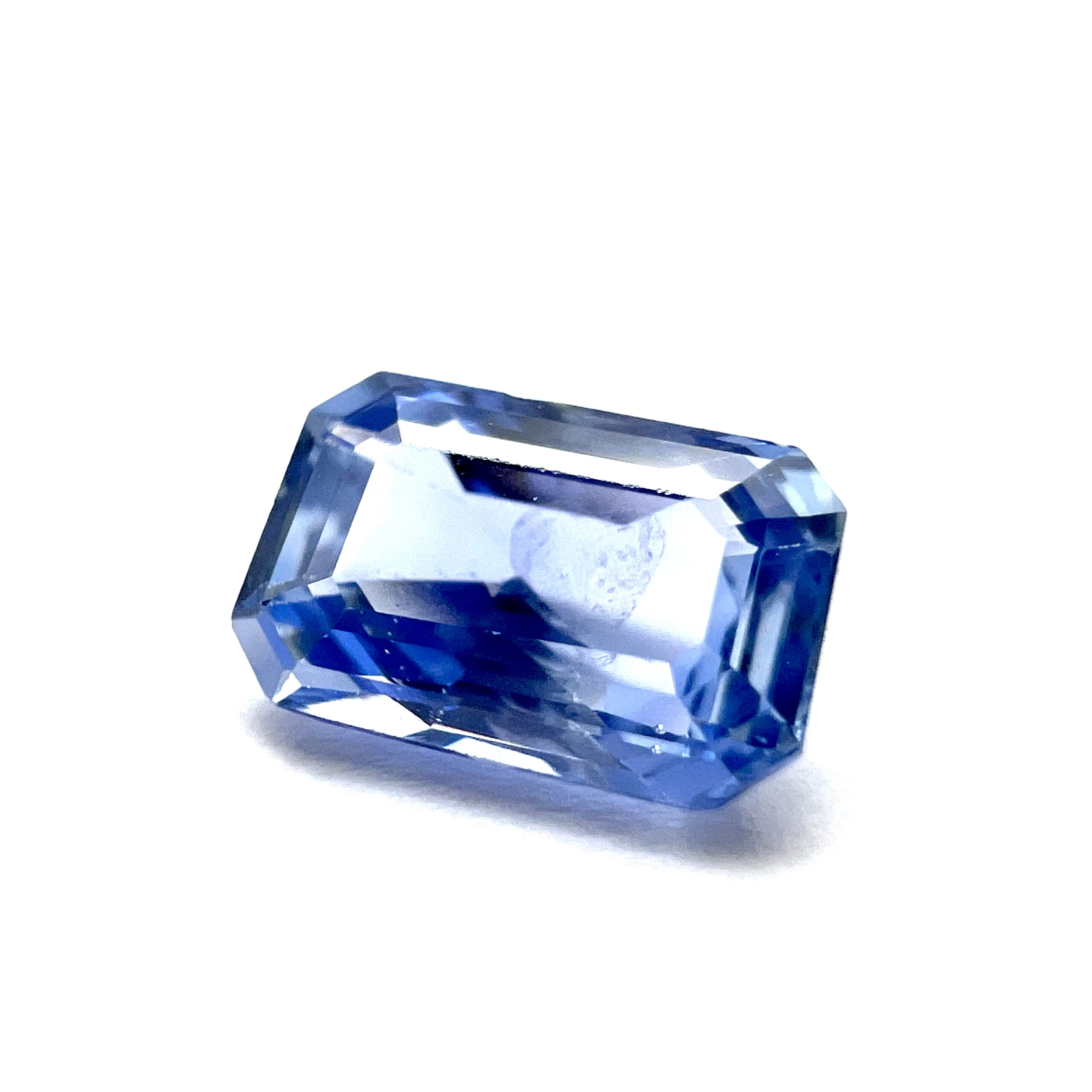
Blue Sapphire
€1,100.001,600 ct. | VI/CGLA -
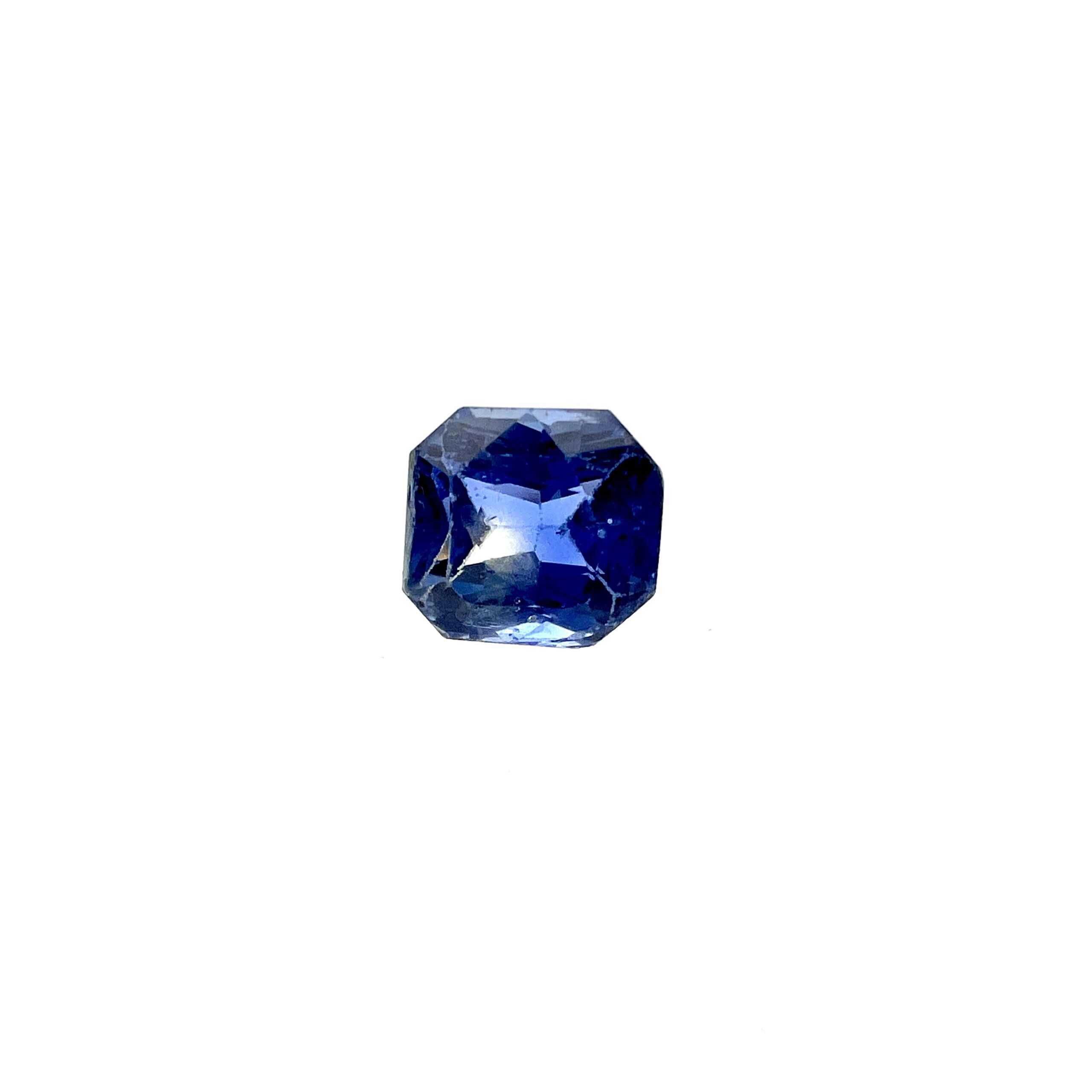
Blue Sapphire
€2,000.002,051 ct. | VI/DGLA -

Chrome Tourmaline
€500.001,846 ct. | IV/DGLA